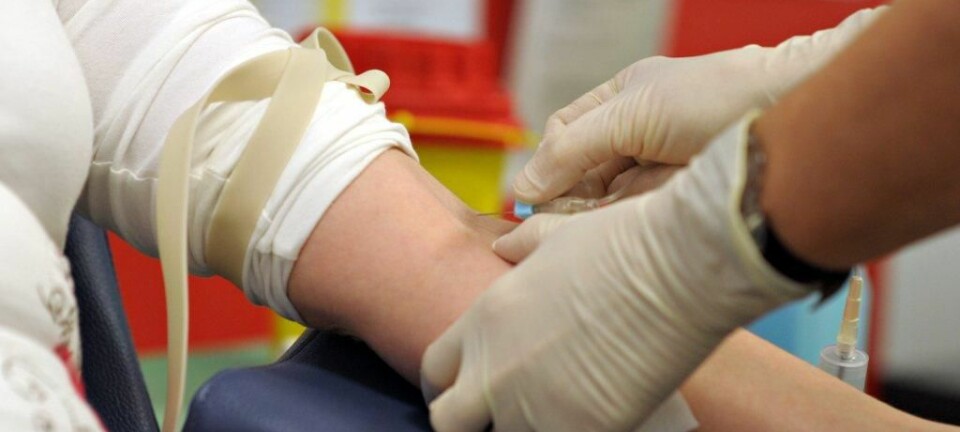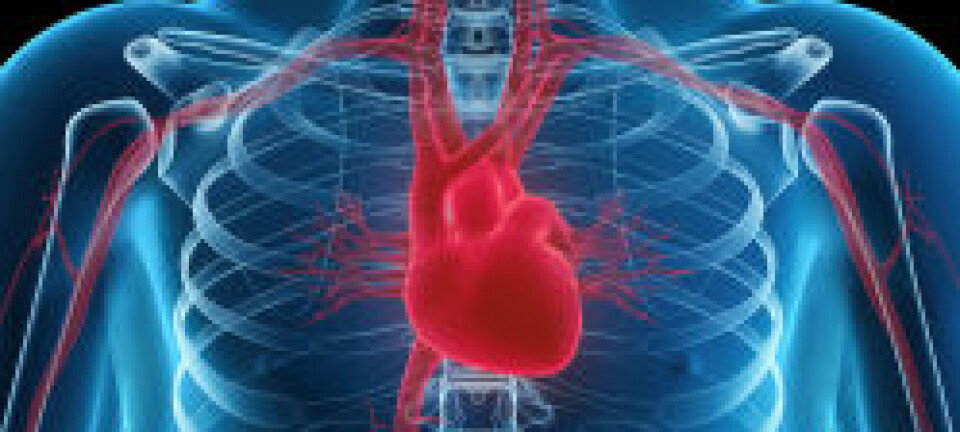
Fixing the heart via the brain
Thyroid gland complications can lead to heart trouble. Swedish researchers think help can be found in the brain.
The unsightly gelatinous mass of grey cells in our heads has a multitude of responsibilities, including ensuring that our hearts pump blood around the body. Sometimes that pump stops working right.
A team of Swedish researchers think they’ve found an important clue about the complicated relationship between the brain and the heart.
There’s a link in the throat.
From throat to heart
The thyroid gland, which consists of two lobes and a connecting isthmus at the base of our throats, produces hormones that regulate metabolism.
Thyroid hormones also have an effect on the heart.
Patients with a production of thyroid hormones that is too high or too low often suffer heart disease, but the reason is unclear.
Swedish researchers teamed up with colleagues from Germany and the Netherlands and sought an answer through studies of mouse brains.
Via the brain
The scientists knew that earlier studies had suggested thyroid hormones regulate the heart indirectly via the central nervous system, which consists of the brain and the spinal cord.
Their main focus was on the part of the brain called the hypothalamus. It has a number of responsibilities, including the regulation of body temperature and control of various hormones.
When studying mice brains the researchers came across a group of neural cells that were previously unknown.
They shut down these neural cells to find out their function.
The hearts of these mice started to beat faster.
The scientists think these newly discovered neural cells affect cardiovascular functions ‒ heart rates and blood pressure.
A mouse-sized stride toward treatment
The research team also thinks these neural cells depend on a thyroid hormone to develop properly.
Too much or too little of the thyroid hormone will thus have an impact on neural cell production.
This can be the reason why patients with an overproduction or underproduction of thyroid hormones are susceptible to cardiovascular disorders.
We share a lot of basic physiology with mice and other animals but these results have to be put to several rounds of tests before a conclusion drawn from mice brains can be applied to the human brain.
“It’s still a long way off, but if we learn to control these neural cells maybe we can treat certain types of heart disorders via the brain instead of via the heart,” says the Swedish first author of the study, Jens Mittag, in a press release from Karolinska Institutet.
--------------------
Read the Norwegian version of this article at forskning.no
Translated by: Glenn Ostling












